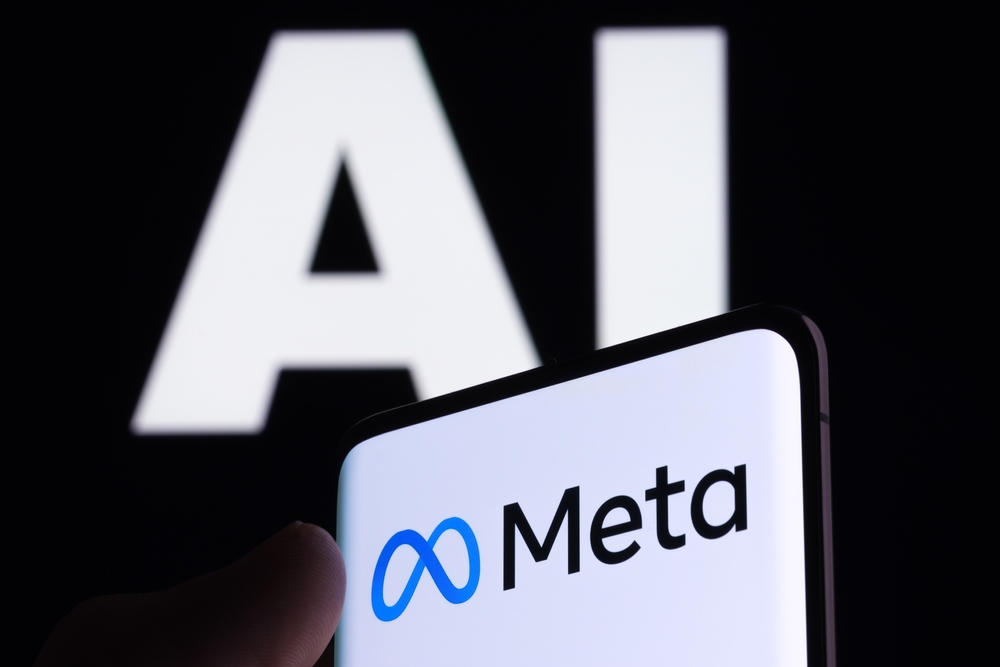Meta AI’s chief, Yann LeCun, recently offered his perspective on developing AI superintelligence and quantum computing, providing his characteristic counterpoint to the prevailing industry sentiment.
LeCun is one of the three ‘AI godfathers’ alongside Geoffrey Hinton and Yoshio Bengio. While Hinton and Bengio are highly cautious about AI development (Hinton left Google to speak out about the risks), LeCun takes an oppositional view.
LeCun, commemorating the 10th anniversary of Meta’s AI lab, stated to CNBC his doubts about the near-term prospects of artificial general intelligence (AGI).
He further elaborated on LinkedIn, saying, “By ‘not any time soon’, I mean ‘clearly not in the next 5 years’, contrary to a number of folks in the AI industry. Yes, I’m skeptical of quantum computing, particularly when it comes to its application to AI.”
By “not any time soon”, I mean “clearly not in the next 5 years”, contrary to a number of folks in the AI industry.
Yes, I’m skeptical of quantum computing, particularly when it comes to its application to AI.https://t.co/5t63w1GNfL— Yann LeCun (@ylecun) December 3, 2023
This skepticism contrasts sharply with Nvidia CEO Jensen Huang’s recent prediction that AI will match human intelligence within five years. OpenAI also expects to achieve AGI in the next few years.
LeCun, a deep learning pioneer and undoubtedly one of the most widely respected individuals in the industry, believes that current AI systems are far from achieving sentience or common sense, suggesting that “cat-level” or “dog-level” AI would precede human-level intelligence.
LeCun also critiqued current AI models like ChatGPT, remarking on their reliance on text data for training, which he considers a “very poor source of information.” He advocates for multimodal AI systems integrating diverse data types, moving beyond the dominance of language models.
Echoing LeCun’s sentiment, Microsoft’s president recently stated that creating super-intelligent AI is not imminent, predicting “years if not many decades.” LeCun questions the practicality of quantum computing in AI, given the capabilities of classical computers in addressing many current challenges.
Quantum computing is speculated to provide AI with the power it needs to achieve AGI and higher forms of intelligence, though practical quantum technology is still largely underdelivering on expectations.
In stark contrast to Elon Musk’s concerns about AI posing an existential threat, LeCun dismissed these fears as “completely ridiculous” in a podcast. He also argued that AI becoming smarter than humans does not inherently mean it will seek to control or harm humanity.
Instead, Meta AI, under LeCun’s guidance, aims to develop AI with practical, beneficial applications.
Meta’s open-source focus has somewhat counterbalanced the power of Google, OpenAI, and Microsoft. LeCun further underlined his commitment to democratizing AI development, evidenced by projects like the LLaMA model.





